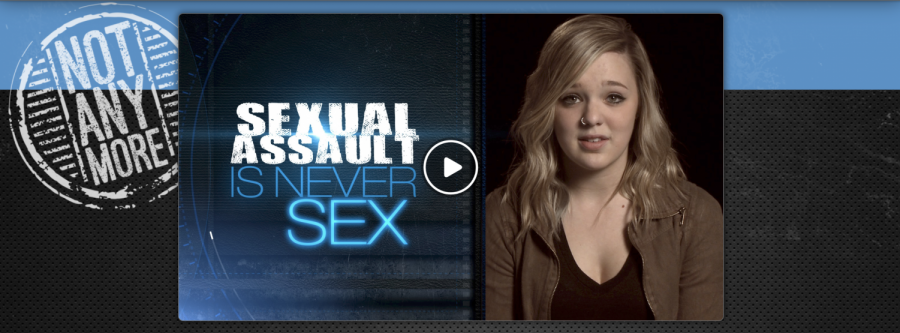CSUSM sexual violence training, “Not Anymore,” needs improvement
Not Anymore is a yearly training program that all students must complete.
CSUSM’s Sexual Harassment and Assault prevention training and awareness programs are currently ineffective.
Understanding what it means to be a good man and person overall begins in the home. Without that foundation, what you learn in school has little to no impact on who you are as a person. Social interactions do. Parental supervision and presence do. Personal choices do.
Simply put, there are far too many variables to account for in the trainings. That goes doubly so since the trainings are really only substantially-long for freshman and transfer students.
Even then, I personally believe that the video content taught in it can basically be blown through as quickly as possible while still passing the quizzes and exams throughout it and, in the end, students come out of the trainings just to forget most of it the next day.
Perhaps I’m biased since I’m a man and not a woman, but what I learned just did not stick with me. The annual renewal courses for continuing students, meanwhile, are significantly-shorter and much less comprehensive. If anything, the courses altogether are better as a resource that students can access and peruse when they need it rather than as required trainings.
What these trainings fail to address is the choices of the perpetrators of sexual assault and harassment. The courses required of CSUSM students are an attempt to curb the rash of sexual assaults, but they do nothing about what the trainings supposedly promote.
One of the few things I learned from my program when I started at CSUSM which actually stuck with me was that people who are sexually-assaulted are not the ones to blame.
Rather, it is the person or people who committed the assault who are at fault. The courses go to great lengths to teach about what to look for and feel in order for the would be victim to seek help and avoid becoming a victim or as a witness, how to speak up and take action.
These are important concepts and skills to learn. Again, though, they don’t say anything as to the actions of the perpetrator. Nothing. The trainings do not address the choices of the person or people trying to commit the crime.
Power over others is a drug in and of itself. The attempt to gain that power at all costs can morph into a sort of willingness to commit, perhaps even a desire for, stalking, rape and sexual assault. I believe no matter how well raised a person is, there is a metaphorical monster lying in wait in everyone’s psyche.
That monster bides its time until critical moral crossroads where a person must decide to do or not do the wrong thing just because they have the power to do it.
The monster subtly nudges the hosts’ decision-making towards the dark side and thus into saying something along the lines of, “Ehh, why not?” Morality kaput.
So how do we avoid this? How can trainings better address the psyche and cost-benefi t-based decision making of those easily-tempted to do bad things? The answer is difficult to tease out from the woodwork because of the hidden nature of the mind. We simply can’t know the intent of other people. But at the same time, we also can’t continue to resign ourselves to addressing just one side of the victim-criminal relationship.
Similar to what I proposed in a previous edition, I call for programs in both being a good person and being a good parent or guardian.
Both of these are extremely-abstract skills and concepts. Albeit there is no perfect parenting style or roadmap to life, I cannot speak to what is best to teach, promote and ingrain into students’ minds and I leave those responsibilities to more-qualified people.
While we cannot control what is in the minds and hearts of others, we do have the power and responsibility as good citizens to do what we can to prevent the temptations and divergent thinking that lead to sexual assaults, sexual harassment and the like.


